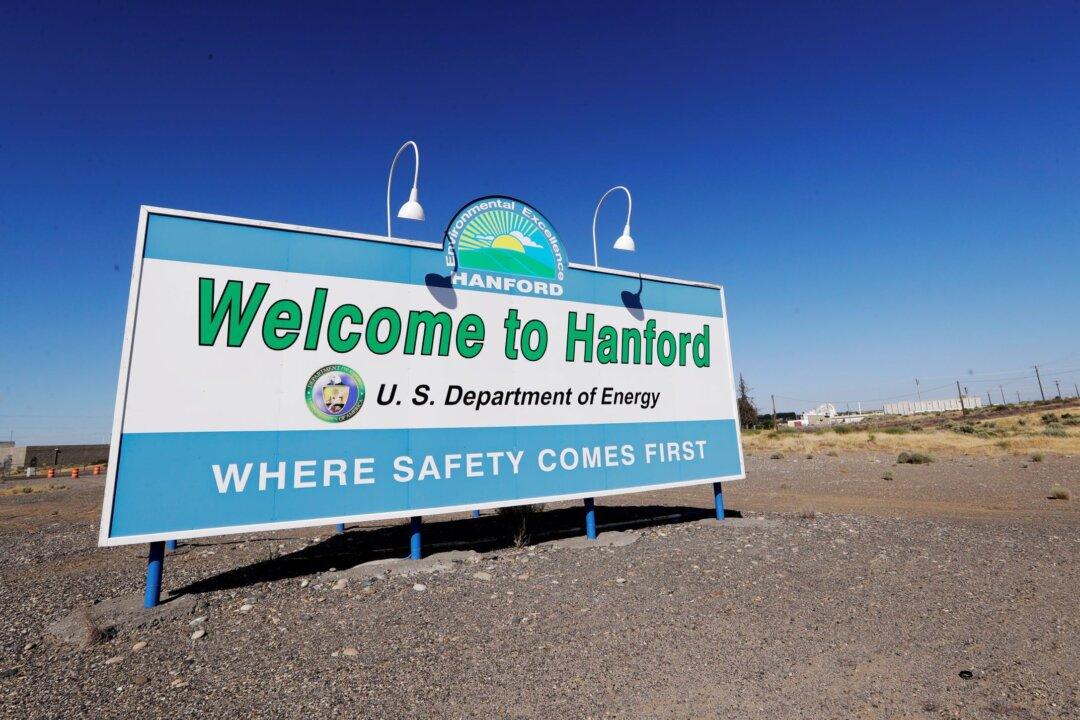A Washington state law that extended workers’ compensation benefits to employees at a decommissioned federal nuclear production facility where employees suffered exposure to radioactive waste discriminates against the federal government, the Supreme Court heard April 18.
The case could have expensive consequences for U.S. government contracts related to hazardous work conducted on federal property. The Biden administration argues that the state law impermissibly intrudes on federal authority. Washington state counters that the case is moot because a new state law replaced the old one.





